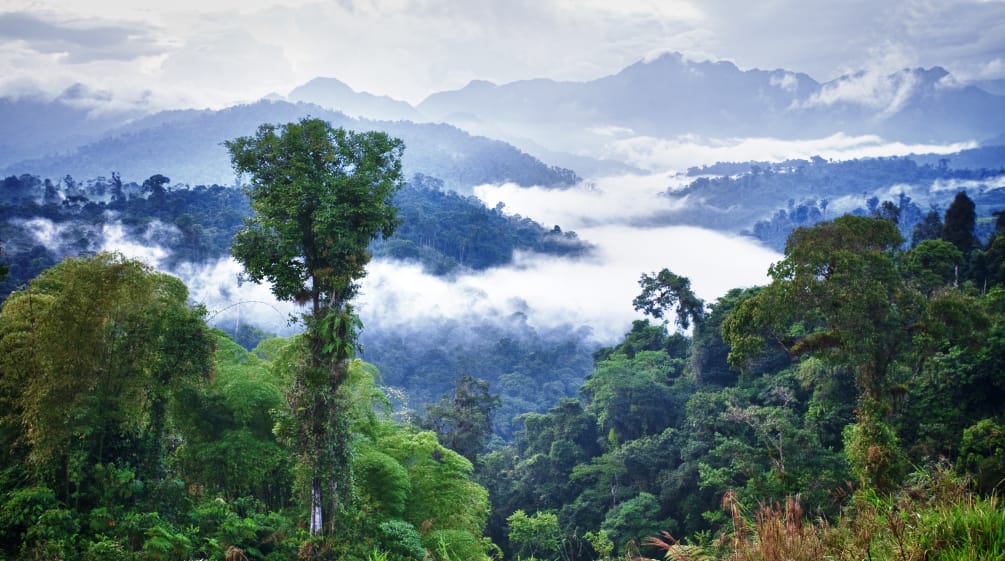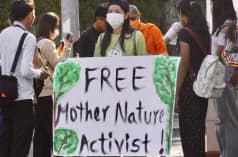EU establishes law to fight global deforestation
 Los Cedros mountain rainforest, Ecuador (© Istockphoto/Kalistratova)
Los Cedros mountain rainforest, Ecuador (© Istockphoto/Kalistratova)
Dec 12, 2022
The EU has put a regulation on deforestation-free supply chains in place. It will tighten the conditions for importing commodities such as wood, palm oil and soy, as well as products made from them, into the EU. While it is a positive step, the law's coverage could be broader, and it remains to be seen how well the relevant authorities enforce it and prosecute violations.
The EU regulation on deforestation-free supply chains adopted on December 6, 2022, covers a range of commodities, including wood, coffee, cocoa, palm oil, cattle and soy, as well as products made from them such as leather, chocolate, charcoal, furniture, paper and books.
Before the regulation can take effect, it must first be formally adopted by the European Parliament and the Member States. Voting on this is expected in early 2023. It will come into force after an adaptation period of 18 months for large and medium-sized enterprises and after 24 months for small companies.
The regulation imposes due diligence obligations on companies. Among other things, they will be required to collect precise geographical information on the farmland where the commodities have been grown. We see this as an important step and good news for the forests, their inhabitants and the climate.
One positive aspect is that the definition of “forest” was made more precise, applying it to natural forests only. Industrial timber monocultures of acacia, eucalyptus or pine species cannot be considered forests within the meaning of the law.
The regulation also includes social components pertaining to human rights and the special rights of Indigenous peoples. Furthermore, the products must have been produced in accordance with the laws of the country of origin – which should be a matter of course, however.
On the negative side, December 31, 2020 was set as the cutoff date for deforestation or damage to forest areas: Tens of millions of hectares of plantations, industrial farmland and livestock pastures cut into forests in recent years are thus still permitted for production.
Unfortunately, the law does not include other natural and highly biodiverse ecosystems such as savannas, grasslands and wetlands. The savannas in Africa or the Cerrado and the Pantanal in Brazil are thus not covered. No provisions were made for financial institutions that provide funds to companies or for projects related to deforestation.
What’s next?
Together with our partner organizations in the Global South, we will monitor the application of the law using concrete cases of deforestation. In this way, we will see the law’s impact and, above all, how well the relevant authorities in the EU enforce the regulation and prosecute violations.
In recent years, almost all large Western companies have made mostly voluntary commitments to exclude products connected with deforestation, environmental destruction and human rights violations. To this end, companies work with various “seals” purported to certify sustainable, organic and fair products. But often this is merely greenwashing and labeling fraud.
For example, the largest Brazilian palm oil producer Agropalma sports ten different organic, fair trade and sustainability seals, even though large parts of the company’s land appear to have been grabbed illegally, and local people accuse Agropalma of violence and serious human rights violations. Agropalma’s ten seals are clearly not delivering on their promises.
Furthermore, the EU is working on new free trade agreements, among others with the South American MERCOSUR countries. But increased free trade and the economic growth that these agreements are designed to spur are unlikely to improve nature conservation.











